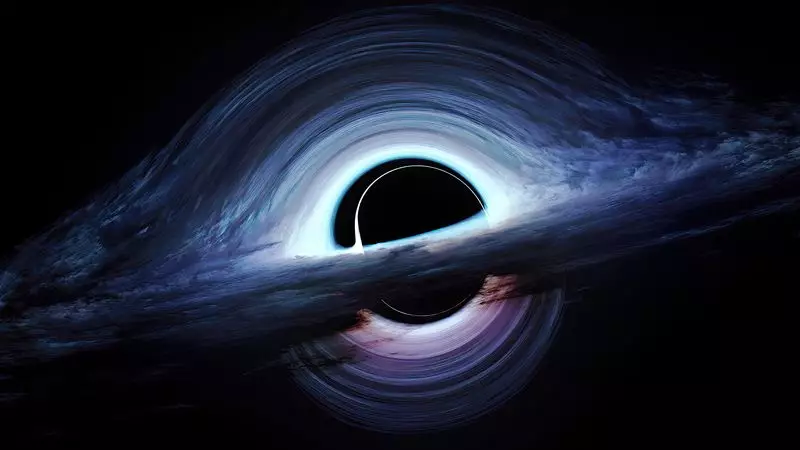
In a cosmic revelation that rewrites our understanding of galaxy evolution, astronomers from the Indian Institute of Astrophysics (IIA) have confirmed a startling phenomenon: supermassive black holes aren't just passive cosmic objects—they're active destroyers of star-forming potential.
The Cosmic Battle: Black Holes vs. Star Birth
For decades, astronomers have puzzled over why some galaxies stop producing new stars despite having ample gas reserves. The IIA team, led by Prof. C. S. Stalin, has now provided conclusive evidence that black hole activity is the primary culprit behind this cosmic shutdown.
Using sophisticated observations from multiple telescopes, including India's own SALT facility, the researchers discovered that when supermassive black holes at galactic centers become active, they unleash tremendous energy that heats and disperses the cold gas required for star formation.
How Black Holes Kill Star Formation
The mechanism works through several devastating processes:
- Cosmic Heating: Active black holes generate intense radiation that heats cold gas clouds, preventing them from collapsing into new stars
- Gas Expulsion: Powerful jets and winds from black holes blow star-forming gas out of galaxies entirely
- Pressure Regulation: Black hole activity maintains pressure balance that keeps gas from condensing into stars
A 15-Year Cosmic Investigation
This breakthrough didn't happen overnight. The research team analyzed data spanning 15 years, studying numerous galaxies to establish the clear connection between black hole activity and suppressed star formation.
"What we're seeing is a cosmic feedback process where black holes essentially regulate their own growth by limiting the formation of new stars in their host galaxies," explained Prof. Stalin.
Implications for Galaxy Evolution
This discovery has profound implications for our understanding of how galaxies evolve over billions of years. The research suggests that black holes play a crucial role in determining a galaxy's lifespan and developmental trajectory.
The study confirms that once a black hole becomes sufficiently active, it can effectively shut down star formation in its galaxy, transitioning it from a vibrant, star-producing factory to a quiescent, aging cosmic system.
This Indian-led research not only solves a long-standing astronomical mystery but also opens new avenues for understanding the complex relationship between black holes and their host galaxies across cosmic time.





